Last year marked a moment of change for the commercial property industry that can be characterised by just one word: flexibility.

Responding to rapidly evolving business demand, 2017 saw a host of new operators entering the market, while some of the UK’s more traditional office landlords also launched flexible offerings.
This year has already demonstrated that demand for flexible space shows no sign of slowing. However, I believe that an increasingly crowded market will inevitably sort the wheat from the chaff. In a market that is growing in popularity, both with landlords and businesses, what will be the key to success this year?
Nowhere was the growing appetite for flexible workspace more apparent in 2017 than in London: according to recent research by Cushman & Wakefield, flexible workspace providers now take up more than 20% of the available office space in the city centre.
The ever-rising demand for flexible space also disproved the popular misconception that only small businesses seeking short-term rentals use flexible space.
This is a trend that we’ve observed for a while. At Workspace, we host around 4,000 businesses of varying sizes and although our standard lease length is two years, our customers generally stay for much longer.
These businesses can range from freelancers, who need a desk, to large corporates that want to host employees in a more creative environment.
Radical culture shift
While these businesses are certainly attracted to the flexibility of being able to scale up or down in size, they also want strong connectivity, the ability to customise their space and the opportunity to collaborate with like-minded businesses and people.
The pace of change in London’s business community is rapid – and landlords have a responsibility to constantly evolve and keep up with what their customers need.
To offer just a few examples, this could mean providing new technology to drive efficiencies for customers’ businesses, redesigning space to accommodate changing behaviours or ripping up existing lease terms to allow for change or growth.
Landlords have a responsibility to constantly evolve and keep up with what their customers need
For many of the city’s landlords, this may require a radical culture shift. Where they have traditionally let space to a smaller number of larger tenants and relied heavily on brokers to do so, landlords will now need to consider building in-house marketing and operational capabilities to manage the influx of a broader customer base demanding dialogue and flexibility.
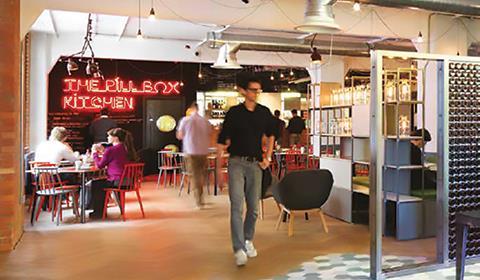
Equally, not every building structure is suitable for flexible space — large floorplates with central cores cannot be easily split up due to a lack of natural light. The buildings and infrastructure will themselves need to cater for and be responsive to the eclectic and ever-changing nature of this new customer base.
In such a competitive market, relying solely on a strong brand name alone will not be enough. Only the flexible space providers that have the right properties, are truly focused on their customers’ needs and, indeed, hold close relationships with them will have longevity.
Jamie Hopkins is chief executive of Workspace Group

























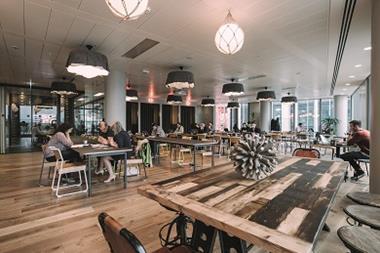
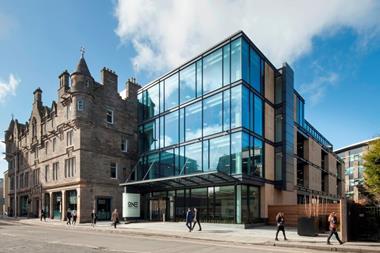

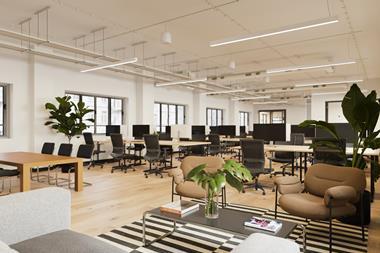
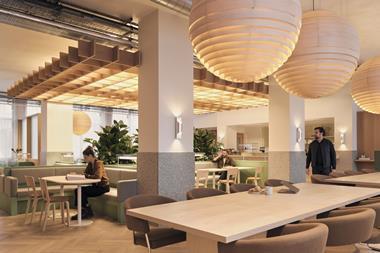
No comments yet